The Gold Matters project has five Ph.D. students currently carrying out their research in Burkina Faso, Uganda, and Brazil.
Alizèta Ouedraogo
Alizèta is a Ph.D. student in Sociology and Anthropology at the University Lyon 2 in co-supervision with the University of Ouagadougou (Burkinana Faso), and researcher on the Belmont Forum and NORFACE-funded project Gold Matters at IFSRA (Institute for Social Research in Africa)-Burkina Faso.
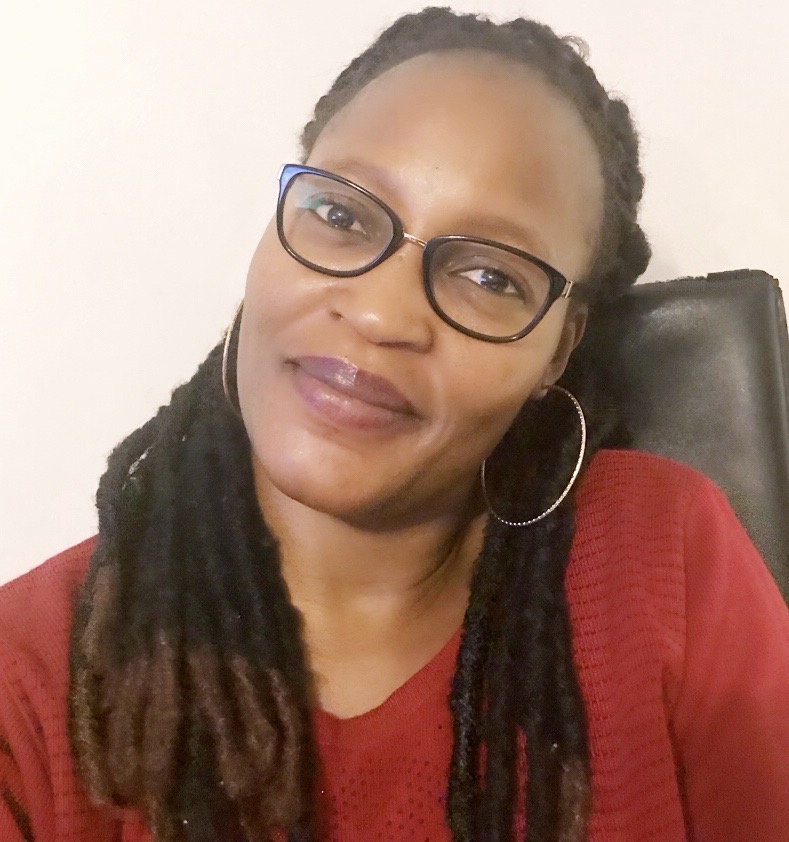
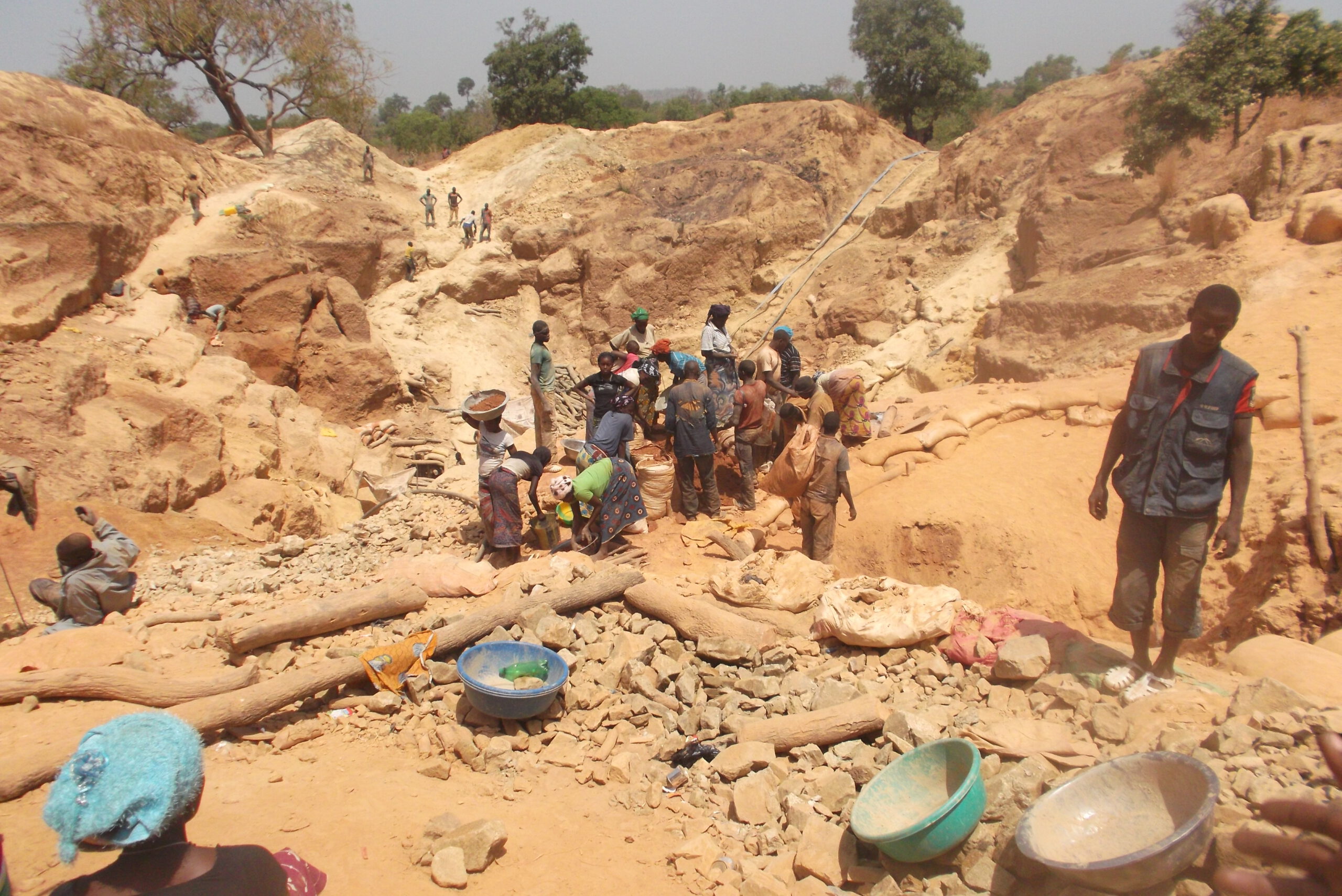
Thesis title : “Tãngpogse”: Anthropology of female gold panning and maternal and child health: pregnancies, childbirths and care of “koom peelse” (newborns) in south-west Burkina Faso.
Abstract: In West Africa, artisanal gold mining became an increasingly important part of the economic fabric in the 1980s and gradually developed into a mining boom after about 20 years. In Burkina Faso, particularly in the south-west, this phenomenon has led to a strong migration of men and women from neighboring countries (Côte d’Ivoire, Mali, Ghana, Niger, Togo, and Benin) and other regions of Burkina Faso to gold panning sites in search of income. Despite some women following their gold mining husbands, levirate and forced marriage force others to migrate to the sites. These sites become business spaces; household settings in which different marital statuses (celibacy and widowhood) coexist. Thus, ephemeral unions are born, new families are formed, and multiple forms of sexual transactions take place. This situation has led us to question the issues related to motherhood in these territories. Indeed, on these sites, some women would find themselves confronted with taking care of pregnancies, childbirths and children in a very specific social, health and environmental context, which leads to a delicate exercise in the field.
Esther van de Camp
Esther is a Ph.D. candidate with Leiden University (LU), department of Cultural Anthropology and Development Sociology (Faculty of Social and Behavioural Sciences); and occasional student with Mbarara University of Science & Technology (MUST).
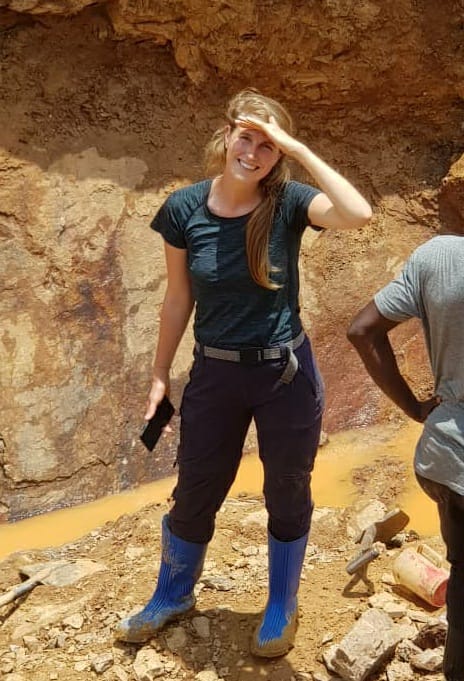
Thesis Title: Transformation and sustainability in ASGM in Busia (Uganda)
Abstract: Artisanal and small-scale gold mining (ASGM) has been subject to many moralising debates; often as part of an either social or environmental development agenda. Within current top-down transformations to sustainability (T2S) trends, it seems ever more difficult to understand ASGM as a viable source of income and employment, now or in the future. Categorical problematisations of the sector can – and have been – harmful and make no sense; ASGM provides livelihoods for millions of people and is highly diverse. This PhD project researches transformation and sustainability in ASGM in Busia, Uganda. I use an interdisciplinary approach with research methods from industrial ecology and anthropology: including, participatory observation, semi-structured interviews, transect walks, life cycle assessment (LCA) and scenario planning. By localising and specifying the encounters that ASGM is part of, I aim to open-up imaginaries of sustainability. Ethnographic fieldwork took place in July-October 2019 and January-March 2020 – additional research will be conducted digitally or in Busia depending on developments around covid19. Preliminary findings indicate both sustainability evidence and the complexity of ASGM dynamics that are part of underground and on the ground socio-natures.
Carlos Henrique Xavier Araujo
Carlos Henrique is a Ph.D. student in Mining Engineering at the University of São Paulo, Brazil.
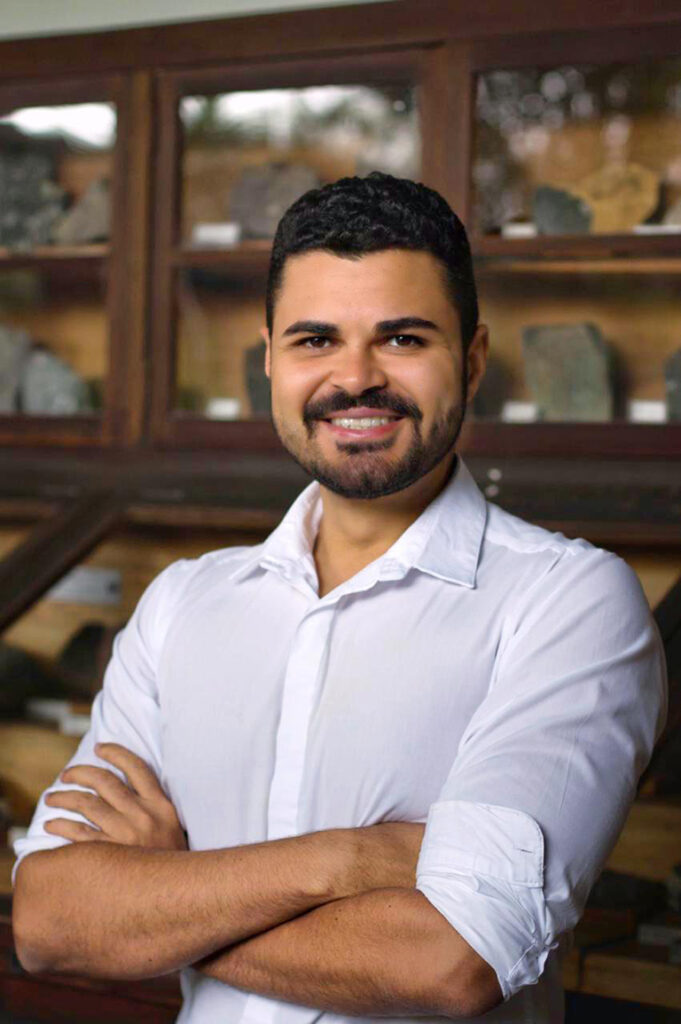
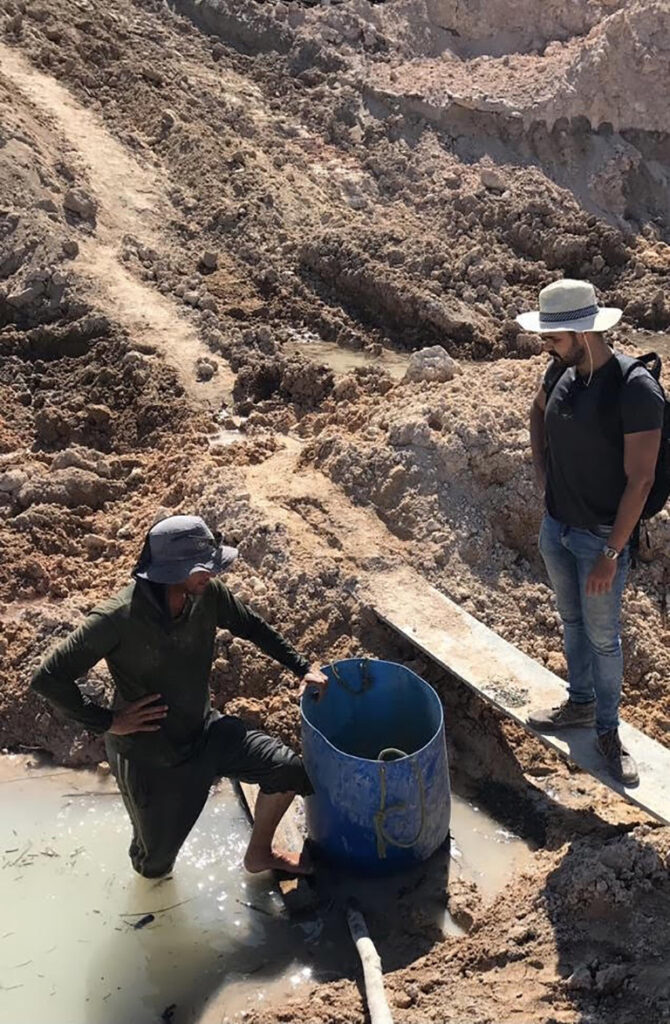
Thesis Title: Small-scale gold mining in the Brazilian Amazon: A socio-technical perception
Abstract: Artisanal and small-scale gold mining (ASGM) is a sector known for relying on rudimentary techniques. This affects the efficiency of mining and consequently, its productivity. The recent literature shows growing attention to the need for transformations in the way that the ASGM sector interacts with its surrounding communities and environment. Nevertheless, ASGM represents a critical alternative to subsistence for millions of people and has the potential to contribute to the United Nations Sustainable Development Goals. The main principle concerning my research is based on seeking answers to whether and how a social transformation in terms of future sustainability can happen in ASGM operations in the Brazilian Amazon. Keeping this principle in mind, my PhD research has the objective of analyzing the technology through extraction, processing and the social-environmental impacts in terms of mining engineering that are appropriate to the perspective and experience of the actors involved in ASGM activities. In order to achieve transformations to the sustainability of mineral extraction activities, it is essential to understand the priorities and challenges of miners themselves. An appropriate approach to implement modern, affordable ASGM technology depends on those strategies that recognize who are the actors that play a significant role in influencing decisions over a more efficient and responsible approach to ASGM mining.
Raissa Resende de Moraes
Raissa is a Ph.D. student at the University of Campinas, Brazil.
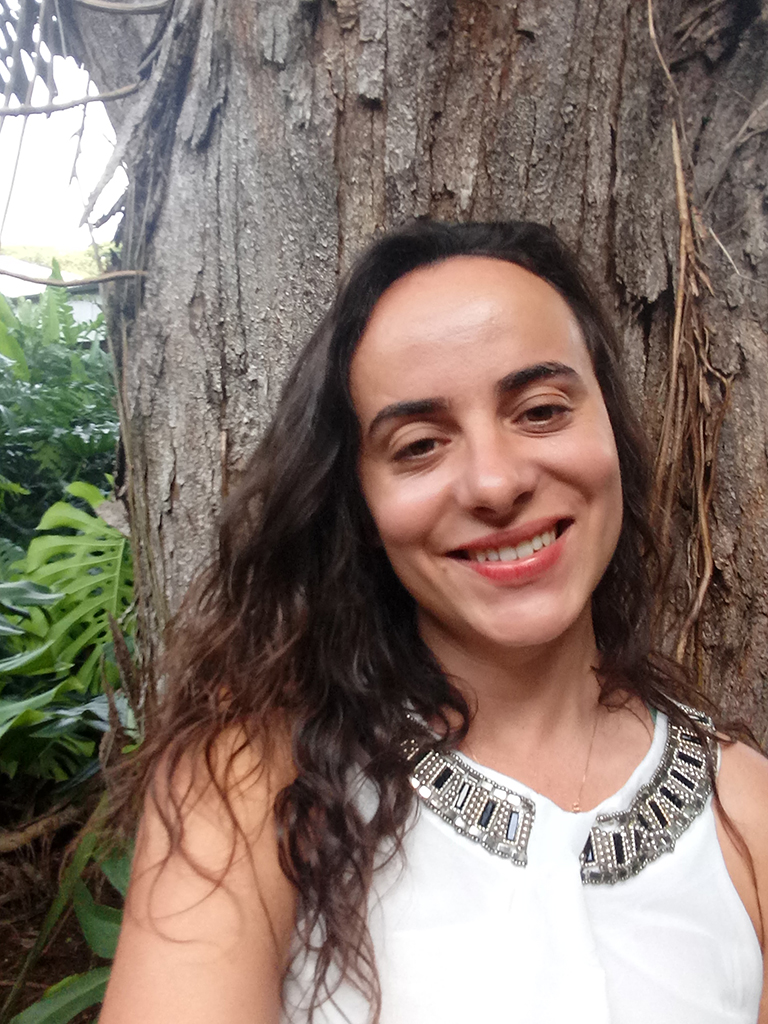
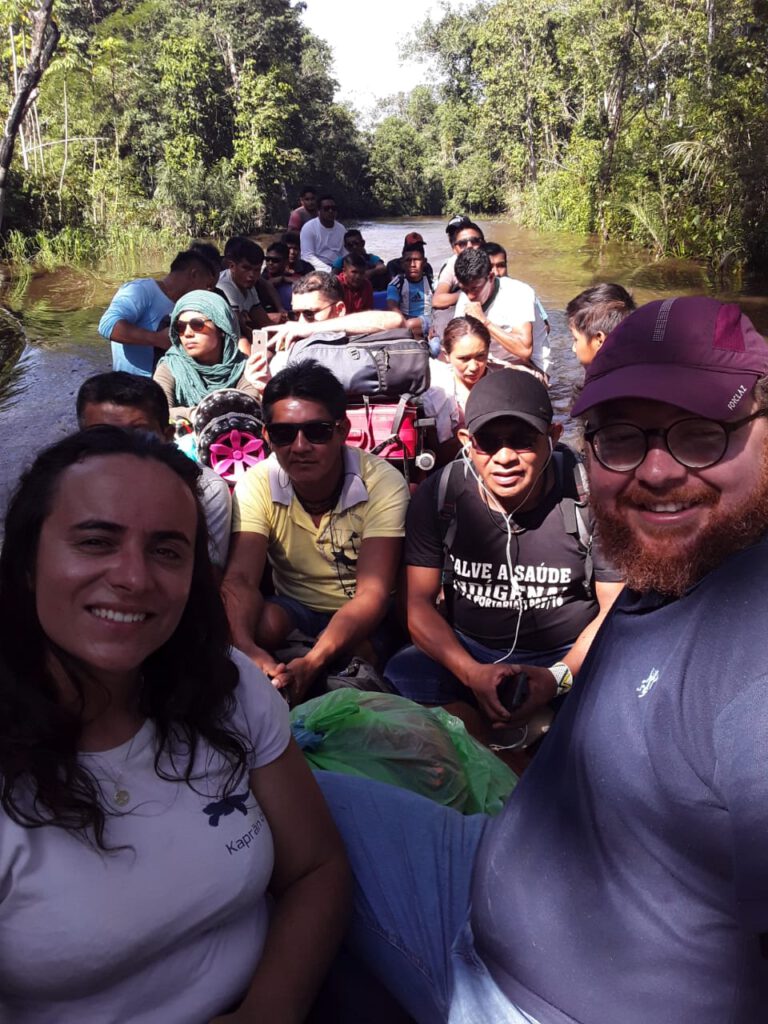
Thesis Title: Arenas for ASGM and Indigenous Peoples in the Tapajós region, Brazilian Amazon
Abstract: This study aims at understanding the actor’s mobilization in the arenas around the Artisanal and Small-Scale Gold Mining (ASGM) and indigenous people in the Tapajós region, Brazilian Amazon, and its implications for ASGM in indigenous territories. To meet this objective, the configuration of the arenas related to ASGM and its relation to indigenous people in the Tapajós region will be analyzed, as well as the disputes between different actors in multiple levels of social organization and their diverse understandings of sustainability. The analysis will use the conceptual framework of “social arena”, here assumed as a hybrid between a structural and a metaphorical approach. The focus will be on multi-actor relationships at different level of social organization, in order to highlight conflicts, alliances and mobility of resources, through the lens of a transformation towards sustainability.
Januària Pereira Mello
Januaria is a Ph.D. student at the University of Campinas, Brazil, an anthropologist, an analyst, and a public servant at the National Institute of Colonization and Agrarian Reform – Ministry of Agriculture, Livestock and Supply (INCRA/MAPA).
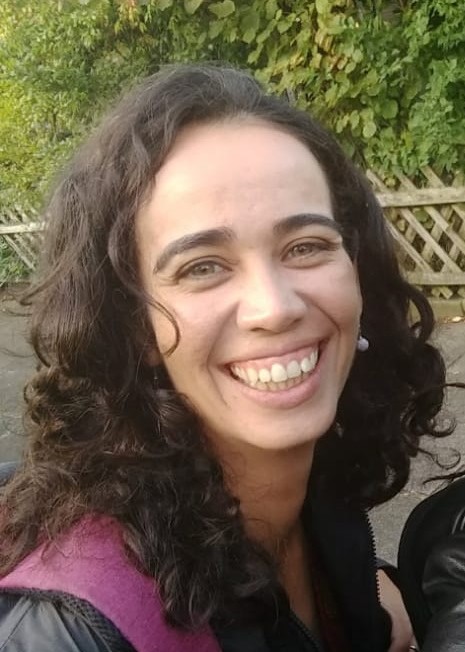
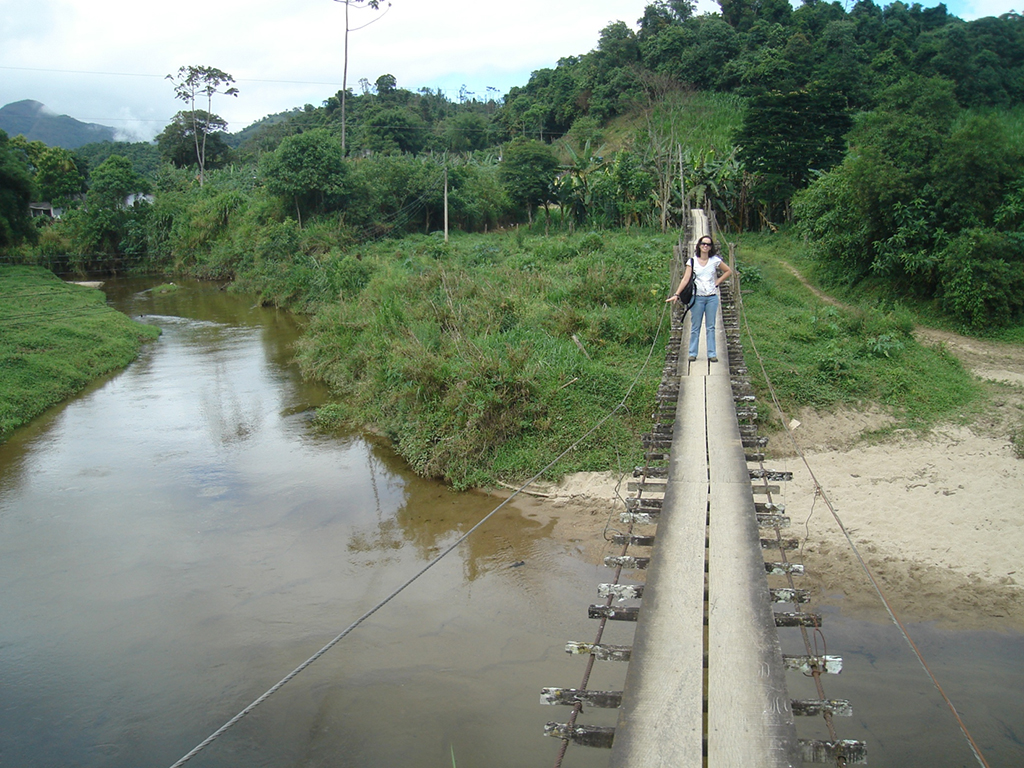
Thesis Title: Artisanal Mining Reserve / Reservas Garimpeiras in the Brazilian Amazon
Abstract: In Brazil, the Artisanal Mining Reserve (“Reserva Garimpeira” in Brazilian Portuguese) identifies a specific area delimited and defined by federal administrative acts where small-scale gold mining activities can take place to support the formation of local cooperatives and associations of miners. In the 1970s, the Reservas Garimpeiras were created to solve the conflicts connected with the expansion of gold extraction in the Brazilian Amazon. Currently, they belong to a non-existing category in public policies, as that they no longer respect the aims and scopes they were created for. The purpose of my Ph.D. research is to systematically analyze the evidence on the eight Artisanal Mining Reserves in the Brazilian Amazon. I will examine the history and the contextualization of their legal, environmental, social, economic and political statuses. Moreover, I will gather data about the conceptions of this specific territorial space, to understand how those who live and work there consider this “land category”, and how local and regional actors are differently involved in this discourse. The Reservas Garimpeiras are an interesting object of study, as they present important questions to reflect over the governance and management of land in the Amazon as well as over the possibilities of a transformation to sustainability. My research will develop a dialogue with the main goals of the Gold Matters Project about impacts and spatial understandings of transformations to sustainability in Artisanal and Small-scale Gold Mining (ASGM). In this sense, understanding the role, history, characteristics, and conceptions of the Reservas Garimpeiras will contribute to the understanding of the role of this administrative category in the Brazilian Amazon.
